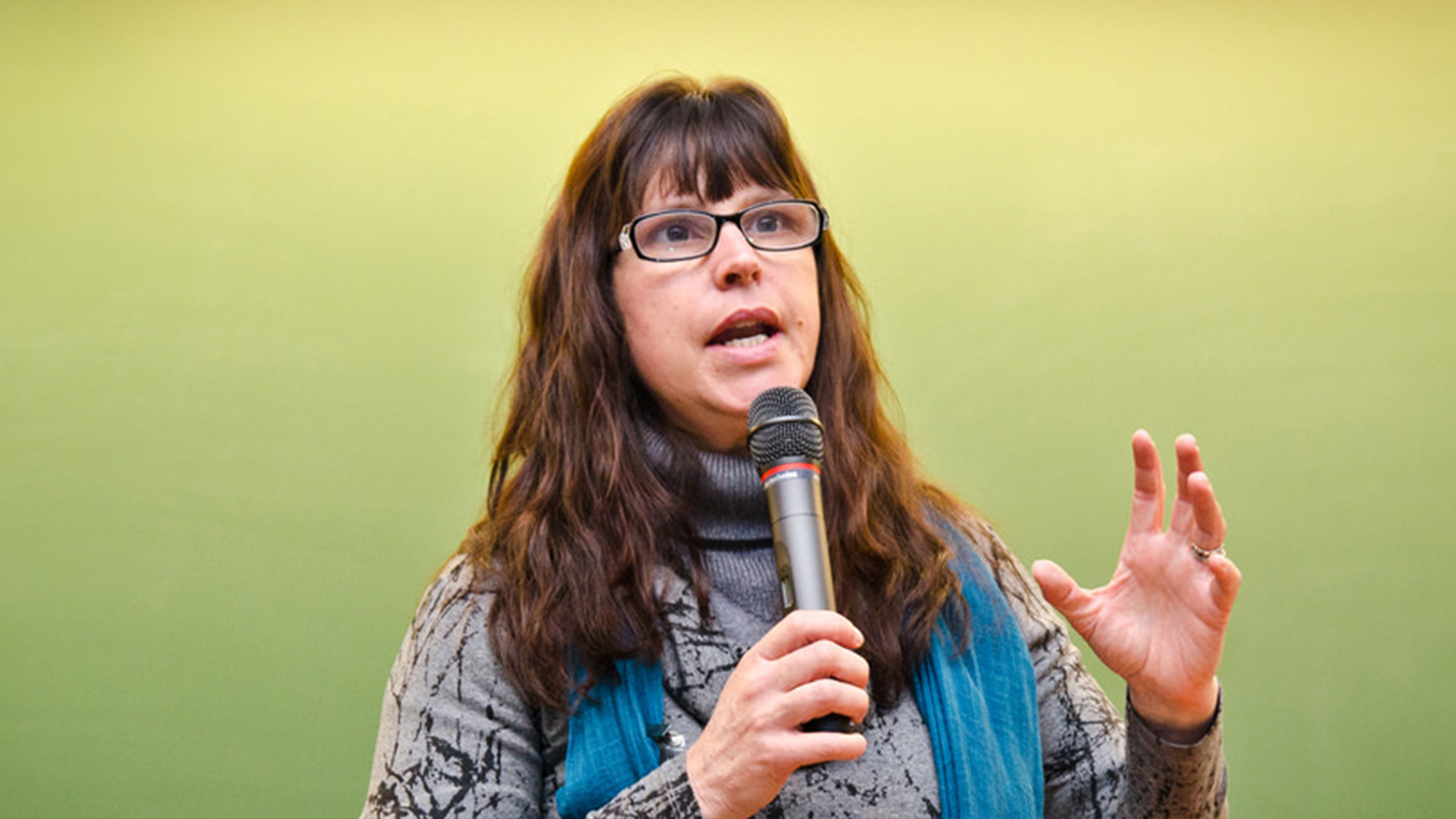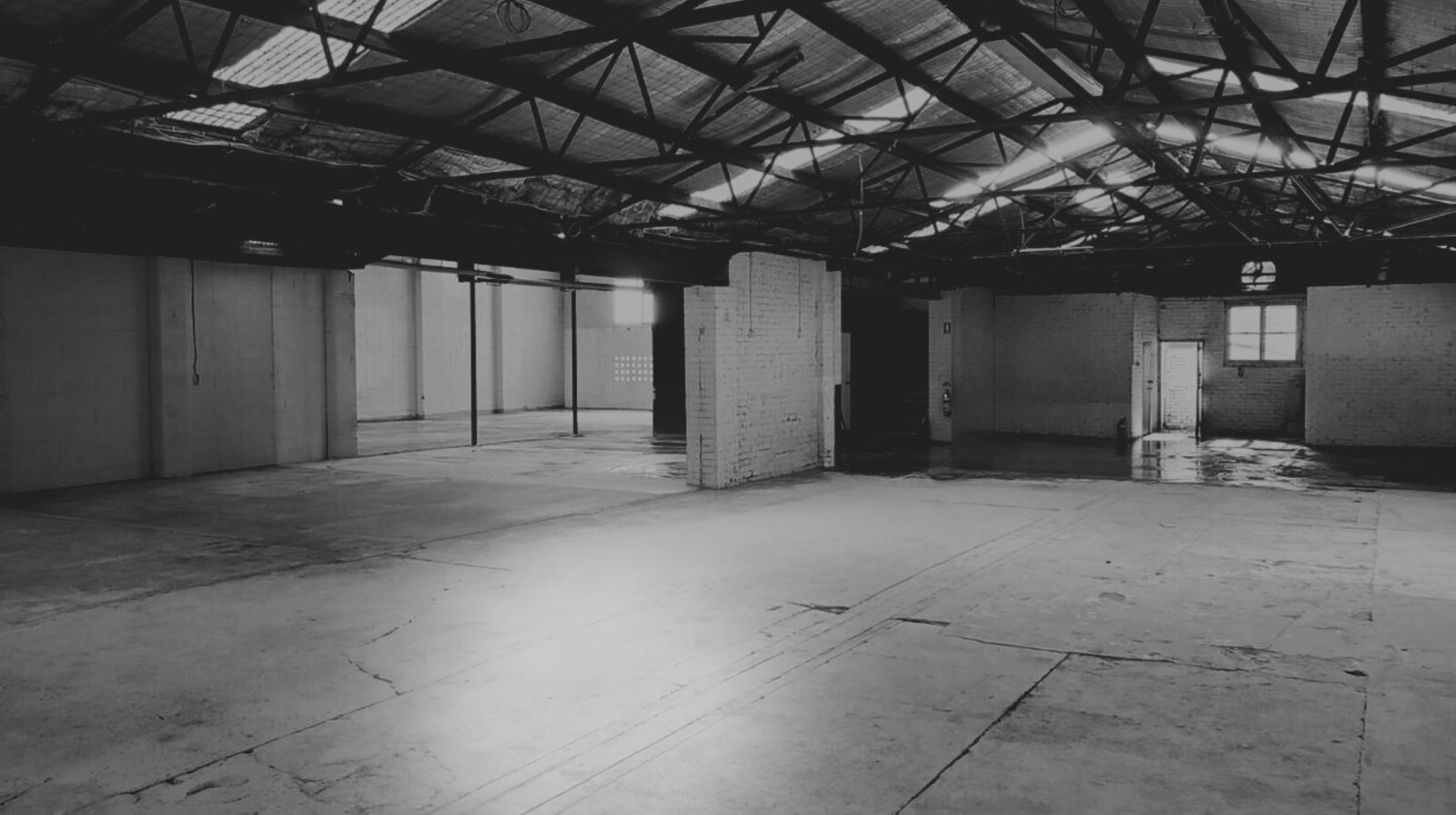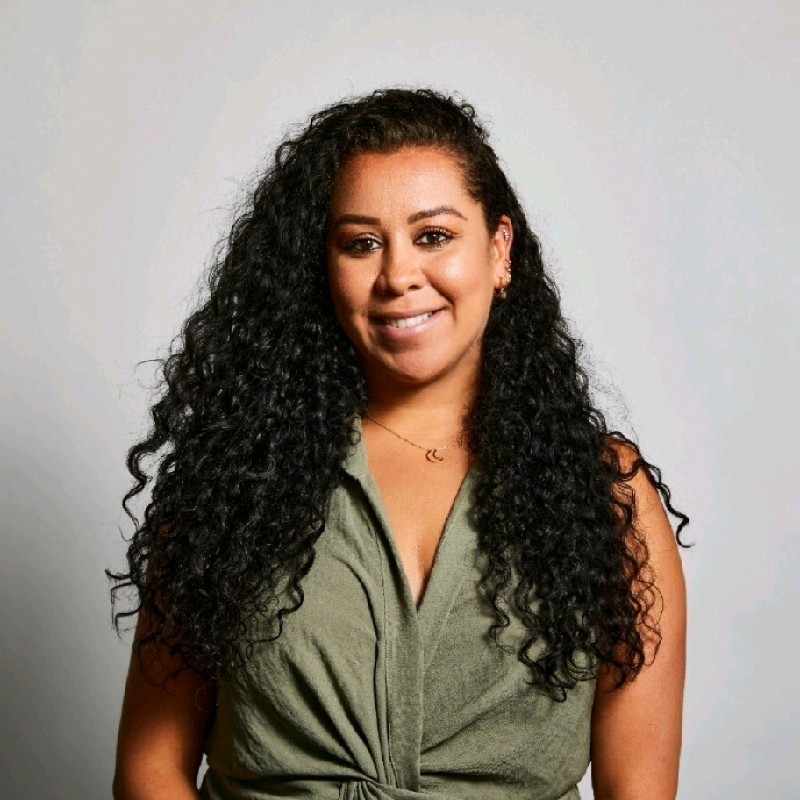
Welcoming Visiting Fellow – Kari Norgaard
Anastasia Mortimer
15.11.2017
Why is it that the majority of people who believe the scientific information on climate change, choose to ignore or downplay the looming effects, and ultimately fail to make basic changes in their day to day lives?
Environmental sociologist Kari Norgaard from the University of Oregon has attempted to understand these questions in her research on how people talk—or don’t talk—about climate change.
Kari Norgaard is a Visiting Fellow for The Living Room Theatre and The Sydney Environment Institute Pop-Up Research Lab project funded by Sydney Social Sciences and Humanities Advanced Research Centre (SSSHARC), which aims to communicate academic research on climate issues to non-academic audiences through performance.
Norgaard’s work on climate change denial and the societal attributes that may contribute to moving from denial to public engagement provides some key ideas to the overall project on how climate change can best be communicated. The profile below provides a summary of her research and provides food for thought in the lead up to LRT’s death series performances.
Kari Norgaard is an Associate Professor of Sociology and Environmental Studies at University of Oregon, whose work on the social organisation of climate change denial is critically acclaimed and widely recognised through research grants, speaking invitations, and coverage of her research by high profile media outlets.
Norgaard’s 2011 book, Living in Denial: Climate Change, Emotions and Everyday Life, offers a case study of one Norwegian community’s detachment from the stark realities of climate change when they refused to see the connection between climate change and the first snowfall occurring two months later than usual. She defines this detachment as “implicatory denial,” which can be applied to those who know climate change is happening, but who fail to integrate the facts about climate change in their sense of daily reality.
Norgaard argues that this form of denial is of higher risk, as it leads to inaction in a time where it is a necessity to enact rapid and forceful measures to combat climate change if we are to lower the impacts and adapt to the future.
Norgaard (2016) stated in an article for The Chronicle Review that “it seems impossible for most people to imagine the reality of what is happening to the natural world, impossible to imagine how those ecological changes are translating into social, political, and economic outcomes, and impossible to imagine how to change course.” Norgaard highlights that climate change denial is organised by social norms which prevent people from having a serious conversation about climate change because discussing the severity of the issue often results in feelings of guilt, fear, and powerlessness.
A critical question that Norgaard attempts to understand in her research is how we can empower people to think about climate change in a way that results in climate action and public engagement?
Norgaard explains that to communication is key to climate action. By encouraging conversations about climate change we can make such discussions socially acceptable, which will allow more people to talk about their emotions and help them move past inaction.
Most strategies on climate change communication are built on conveying information to individuals, under the assumption that it is a lack of knowledge that hinders action on climate change. However, Norgaard’s research indicates that it is not a lack of information, but unpleasant emotions and fear surrounding climate change which prohibits us from engaging with the issue.
If we are to engage the majority of people and lead them to act on climate change, we need to reassess how we communicate climate change, and this requires us moving past the notion that denial is the result of a lack of information. To put it bluntly, we need fewer facts and more open discussions.
Norgaard’s perspective calls for the need to change how we communicate climate change information and alter how we talk to each other about climate change.
In past productions and in the upcoming studio death series (showing from March 2018), LRT use performance as a tool for communicating complex climate issues, and attempt to break the widespread public silence on climate change by exploring lived realities of climate through the experiences of the most vulnerable.
The lack of discussion on climate change issues is a factor which inspired Michelle St Anne to create the series. St Anne witnessed firsthand, the effects of heatwaves, when her mother’s elderly neighbour passed away during the Sydney heatwave in January 2017. St Anne aims to translate the complex academic research on the lived experiences and effects of heat through performance. This method of communication transcends traditional approaches to climate change communication, allowing the audience to see climate change research through a different lens.
You can learn more about Norgaard’s research on communicating climate change on Tuesday 28 November, at the public event ‘Beyond the Climate Elephant: From Climate Denial to Public Engagement’. For more details and to register, click here.
Read about Norgaard’s research on the impacts of emotions on climate change denial, in her blog for the Sydney Environment Institute.
This article contributes to the research of the Anastasia Project and was originally published by the Sydney Environment Institute at the University of Sydney.

